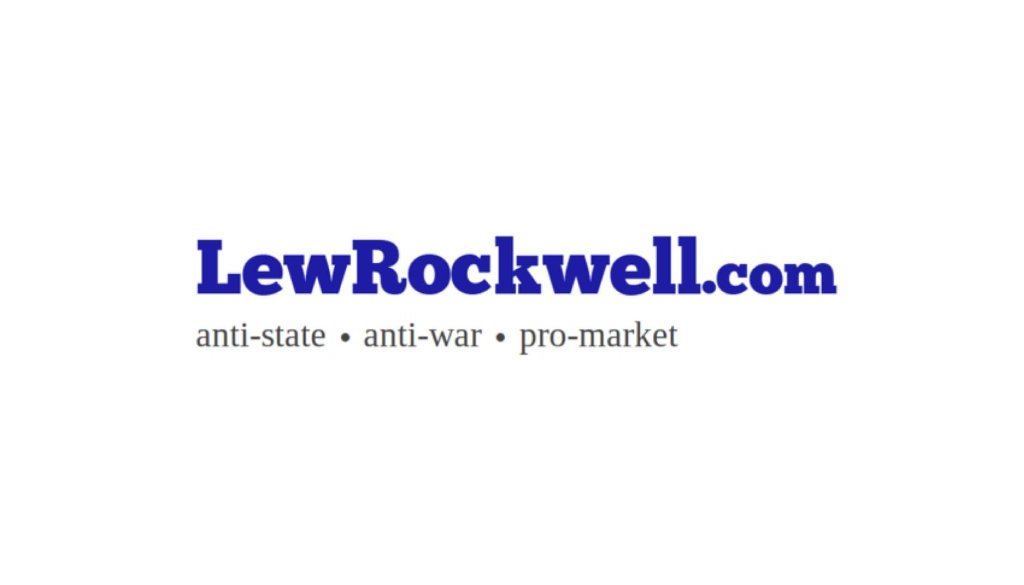The Top Banana
The United States emerged from World War II as the top banana. Having entered the war late, it not only was in the enviable position of expanding as a manufacturing nation to supply the allies with war materials, it also insisted on being paid in gold for whatever it shipped. (Pretty nice deal.)
At the end of the war, it only had to switch from building tanks and radio equipment to building cars and televisions for the peacetime population. The icing on the cake was that it had not been invaded, so, in 1945, it was poised to take off as the world’s foremost supplier of goods.
For several decades, the US reigned as the top banana, and indeed, that’s still true in many ways, except the peel of the banana is rapidly turning brown.
The US has, in recent times, devolved from being the world’s greatest creditor nation to becoming the world’s greatest debtor nation. And in fact, were it not for the residual image of its past laurels, it’s likely that the US would already have collapsed under its unprecedented debt-and-deficit burden.
But whilst we’re making a comparison of the US to the yellow fruit, there are a few other parallels that come to mind.
Banana Republic
The term “banana republic” was coined in 1904 to refer to those economically unstable countries that rely on just one product that they sell to the rest of the world, with no backup plan should that product fail. The banana republic remains functional only as a result of money and goods shipped to it in trade for the one product.
Sooner or later, something goes wrong with that product, and the republic crashes as a result.
At one time, the US supplied the world with its manufactured goods, but American manufacturing facilities have long since moved to countries where costs of operation are far lower than in the US.
Today, the foremost US export product, by far, is d
Article from LewRockwell

LewRockwell.com is a libertarian website that publishes articles, essays, and blog posts advocating for minimal government, free markets, and individual liberty. The site was founded by Lew Rockwell, an American libertarian political commentator, activist, and former congressional staffer. The website often features content that is critical of mainstream politics, state intervention, and foreign policy, among other topics. It is a platform frequently used to disseminate Austrian economics, a school of economic thought that is popular among some libertarians.




